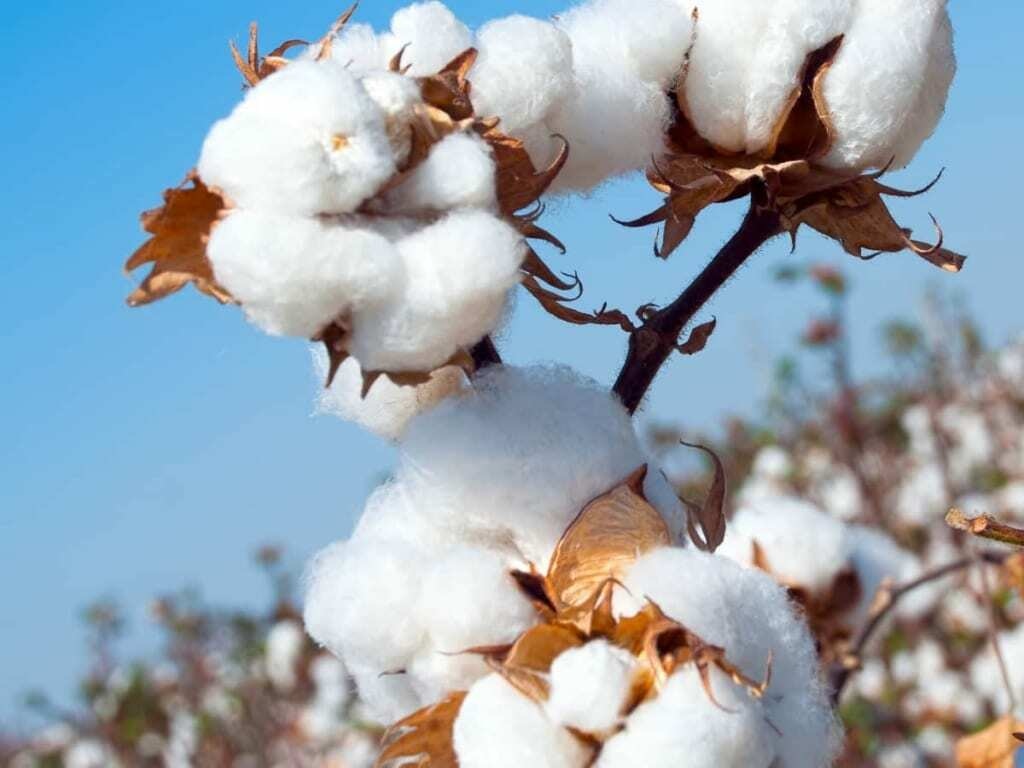ISLAMABAD: All Pakistan Textile Mills Association (APTMA) has raised questions on the government’s decision to give preference to public sector low-yielding cotton varieties over high-yielding varieties of the private sector.
In a letter to Federal Minister for National Food Security and Research Syed Fakhar Imam, copies of which have also been sent to PM Advisor on Commerce and Investment, Abdul Razak Dawood and Minister for Agriculture, Punjab Husain Jahania Gardezi, APTMA has referred to its previous letter of June 11, 2021, to Ministry of National Food Security and Research in response to their required inquiry regarding “approval of cotton varieties under different staple length parameters.”
The Association argued that if there are genuine high-yielding varieties that require staple length relaxation, they should be relaxed after NCVT testing results, which confirm their high yield and other characteristics, adding that high-yield parameters should be set to indicate that a particular variety yields more than a fixed standard; for example, a newly released variety should yield at least 5% more than the NCVT-standard variety being used as a check.
“Without any categorization for staple length, just the change from 28mm to 27mm for high-yielding varieties can be accommodated in order to release high-yielded varieties to improve cotton production,” said the body.
Another letter written by APTMA to Cotton Research Institute Multan in response to requested comments regarding reconsideration of the fibre quality standards of cotton very clearly supported approval of high-yielding varieties with fibre length of 27mm to compete domestic cotton production issue due to unavailability of high-yielding varieties.
One of the main reasons for the decline of cotton production in the country is the lack of high-yielding cotton varieties and the supply of uncertified/fake seed. During the cropping season 2021-22, around 70-80 percent of the area under cotton cultivation was covered by the uncertified seed of unapproved varieties, which is expected to persist in the coming season due to poor variety approval system by the provincial seed councils.
Currently, Punjab Seed Council in its meeting could not consider the approval of high-yielding varieties and no criteria were maintained to judge a variety in yield performance.
Many more varieties having very low yield potential even 2.11 maunds/ acre get approved in order to support the public sector research institutions while fibre length relaxation was also not given to high-yielding varieties which were decided by the Committee under Punjab Seed Council.
The reason: because such high-yielding varieties were from the private sector’s R&D-based seed companies. “How will these approved varieties, which have been shown to have low yield potential in SPOT Examination Trials conducted by Punjab Seed Corporation, perform in the field?”
On the basis of this letter and a detailed and lengthy discussion in committee meetings to reconsider the fibre Quality Standards of Cotton, it was decided to approve varieties while revising only staple lengths from 28mm to 27mm while keeping all other standards intact.
According to APTMA, many more varieties with very low yield potential, as low as 2.11 maunds/ acre, are approved to support public sector research institutions, whereas high-yielding varieties are not awarded fibres relaxation because they are from private sector’s R&D-based seed companies.
Textile body maintained that Experts Sub-Committee of Punjab Seed Council in its 81st meeting held on July 12, 2021 also recommended the cotton varieties based on the decision of the committee for reconsideration of fibre standards of cotton which was also sent to the Minister for Agriculture Punjab by Chief Scientist Agriculture Research Ayub Agriculture Research Institute Faisalabad.
“It appears that there are undoubtedly other factors that come into play that would prevent private sector’s R&D-seed business from considering high yielding cotton varieties,” the Association said, adding that it was also found that the majority of the high-yielding varieties cultivated in the country belong to the private sector, and there was the sentiment that approval of private sector high-yielding varieties can gain more acreage, and it will be difficult to prove the performance of public sector institutions that are working while spending considerable amounts of funds.
The Association has demanded that such types of decisions should be investigated by the controlling authorities in the Ministry of National Food Security and Research to see why the committee’s decision to approve high-yielding varieties was not implemented in these critical economic times when such varieties might boost domestic cotton production while approved varieties having very low yield potential were approved.
Along with prompt action on such approvals, the Punjab and Sindh Seed Councils should approve these high-yielding varieties based on fibre relaxation only in staple length in order to meet the domestic raw cotton requirements of the textile sector to meet export demands, the Association advised.
Copyright Business Recorder, 2022




















Comments
Comments are closed.